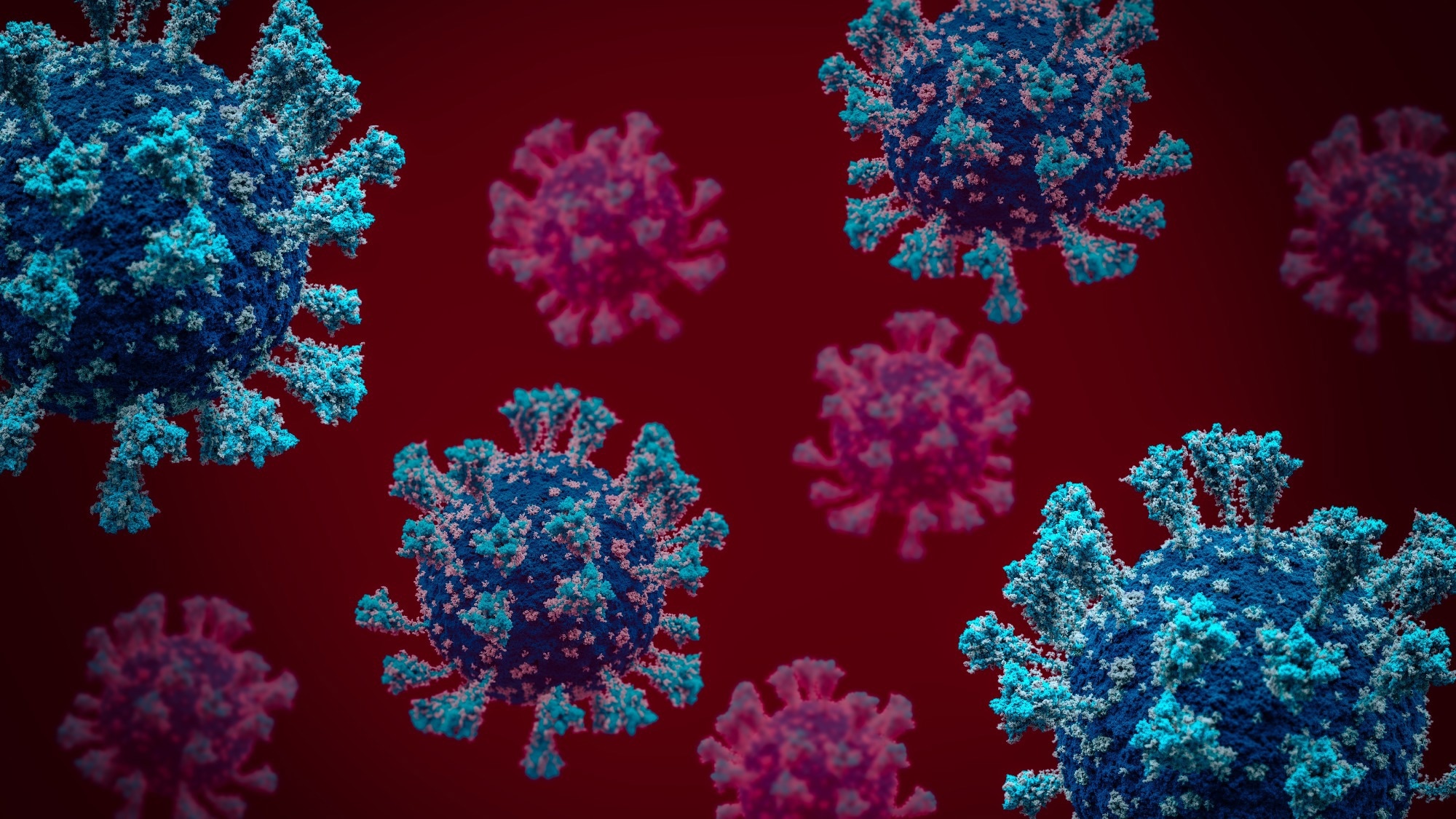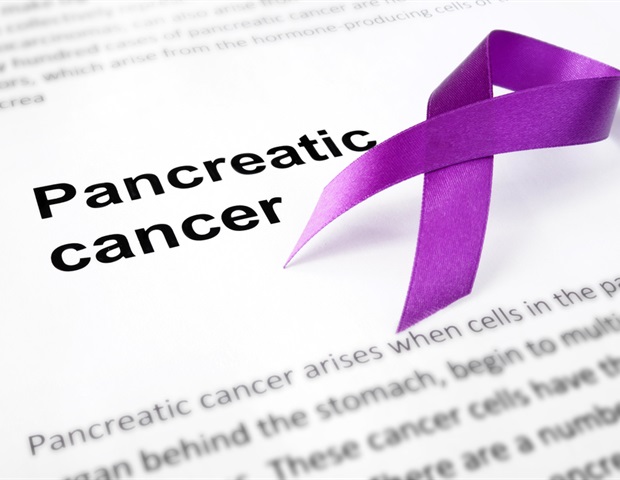A recent Lancet Microbe study explores intrahost evolution and the risk factors associated with prolonged severe acute respiratory syndrome coronavirus 2 (SARS-CoV-2) infection in immunocompromised patients.
 Study: SARS-CoV-2 shedding and evolution in immunocompromised patients during the omicron period: a multicentre, prospective analysis. Image Credit: Sabrewolf / Shutterstock.com
Study: SARS-CoV-2 shedding and evolution in immunocompromised patients during the omicron period: a multicentre, prospective analysis. Image Credit: Sabrewolf / Shutterstock.com
Background
Immunocompromised patients are most vulnerable to SARS-CoV-2 infection, as they may not develop sufficient immunity and are less protected by vaccines. Previous research has shown that immunocompromised patients, particularly those diagnosed with autoimmune deficiency syndrome (AIDS), are at a greater risk of prolonged infection; however, most of these studies are retrospective and subject to some degree of bias.
The propagation of novel SARS-CoV-2 variants is mostly limited by the stochastic dynamics of transmission and host clearance. However, within-host replication in immunocompromised patients can offer sufficient time for the virus to acquire mutations.
Scientists have hypothesized that SARS-CoV-2 variants of concern (VOCs), such as the Alpha (B.1.1.7) and Omicron (BA.1) variants, originated during prolonged infections in immunocompromised individuals. It remains unclear whether existing interventions will reduce or facilitate the evolution of highly mutated variants in immunocompromised patients.
About the study
To address urgent questions on SARS-CoV-2 infection in immunocompromised individuals, the researchers conducted prospective surveillance in outpatients and inpatients diagnosed with SARS-CoV-2 Omicron infection. This prospective and multicenter study enrolled adult patients from five United States medical centers, all of whom were immunocompromised and tested positive for COVID- in the preceding 14 days.
Nasal specimens were collected and tested every two to four weeks by real-time reverse transcription polymerase chain reaction (RT-PCR) assay until testing negative in consecutive specimens. Viral culture and whole genome sequencing were performed on positive specimens.
By analyzing the viral culture, ribonucleic acid (RNA) viral load, and sequence data, researchers defined individuals who were at the highest risk of prolonged infection, the effects of antiviral treatments, and the evolutionary dynamics of SARS-CoV-2 in this immunocompromised population.
Key findings
Prolonged SARS-CoV-2 infection was uncommon in this diverse group with moderate to severe immunocompromise status. Over a wide array of immunocompromising conditions, a relatively restricted SARS-CoV-2 evolution was noted.
In short- and long-term infection, the within-host rate of evolution was similar. The length of the infectious period in immunocompromised patients was considered the main differentiating factor.
In patients infected for prolonged periods, mutations in the viral receptor binding domain (RBD) were accumulated. Furthermore, several substitutions in current or subsequent Omicron lineages were observed.
Investigations regarding strong risk factors revealed B-cell dysfunction or depletion, which could be caused by anti-CD20 or anti-CD19 therapy, myeloma, or lymphoma. This result is consistent with previously published case reports, where B-cell malignancy was noted in prolonged infections, thus highlighting the critical role of antibodies in SARS-CoV-2 clearance.
Previous case reports have documented prolonged viral replication in people living with human immunodeficiency virus (HIV) infection. This is consistent with the experience of one patient in the study cohort with AIDS who had an extended infection period of more than 200 days. This patient had a CD4 count of less than 50 cells/μL and exhibited uncontrolled HIV replication, which could also be attributed to impaired humoral immunity.
Conclusions
Some notable limitations of the current study include the small sample size with a follow-up specimen that tested positive for SARS-CoV-2 by real-time RT-PCR, which limited the scope to study relevant properties of viral evolution. To mitigate potential bias regarding the status of being immunocompromised, the definition was deliberately kept broad; however, this also led to the inclusion of individuals with mild to modest immune impairments who were less likely to experience prolonged infection.
Since almost 75% of patients did not have a positive follow-up specimen, the frequency of specimen collection between two and four weeks could be considered too infrequent. Another notable limitation of this study was the lack of an immunocompetent control group. Furthermore, the current study was only performed within the U.S., thereby limiting the generalizability of the findings.
The current study considered immunocompromised adults who were SARS-CoV-2 positive and noted a more significant duration of infection and evolution of the virus in patients with B-cell depletion and malignancy. Mutations in immunocompromised patients were not strongly predictive of subsequent Omicron mutations, which suggests that alternative approaches based on genomic surveillance could be useful.




_labeled_with_fluorescence_dyes-Vshivkova_9fc952884c46485589d5e3d9bff007e5-620x480.jpg)

